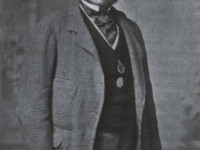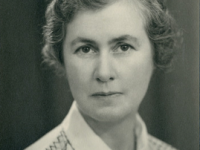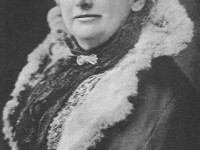Flinders Petrie – a Pioneer of Systematic Methodology in Archaeology
On June 3, 1853, English egyptologist Sir William Matthew Flinders Petrie was born. Petrie was a pioneer of systematic methodology in archaeology and preservation of artefacts. He held the first chair of Egyptology in the United Kingdom, and excavated many of the most important archaeological sites in Egypt in conjunction with his wife, Hilda Petrie. Moreover, Petrie also developed the system of dating layers based on pottery and ceramic findings. “The man…
Read more






